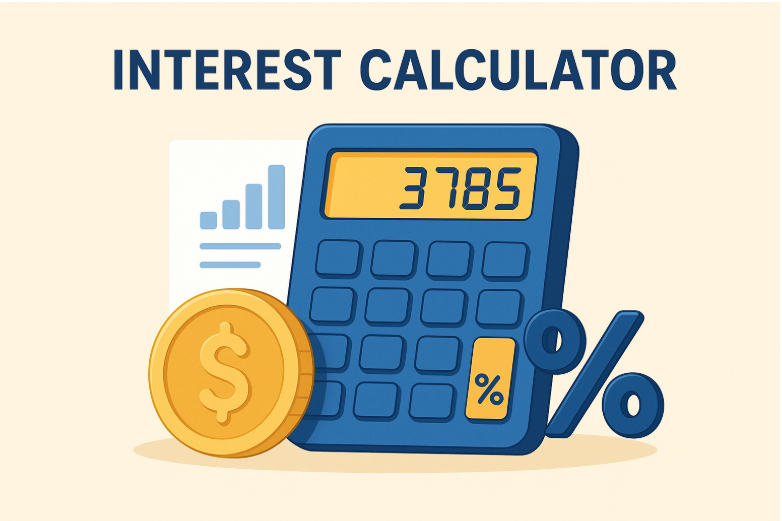
Waking up early gives you extra time to prepare calmly and with intention. Early mornings are quieter, offering a chance to begin without distractions or interruptions from others.
This head start helps establish a sense of control over your schedule. Instead of reacting to events, you take charge of your time and energy from the moment you rise.
You can enjoy moments of peace that benefit your mental wellbeing. This time allows for reflection, goal-setting, or mindful practices before the demands of the day begin.
When you start the day proactively, you`re more likely to meet deadlines, stick to routines, and feel less overwhelmed by unexpected changes throughout the day.
After hours of sleep, your body needs water to function optimally. Drinking a glass of water first thing supports digestion, brain function, and energy levels.
Hydration wakes up your metabolism and helps you feel more alert. It’s a simple but effective way to signal to your body that it’s time to be active and engaged.
Adding lemon or warm water may enhance hydration benefits. It also introduces a refreshing ritual that encourages mindfulness and bodily awareness.
This habit supports productivity by reducing fatigue and brain fog. When you feel physically better, you`re naturally more focused and efficient throughout the morning.
Mindfulness in the morning cultivates clarity and calm. Even five minutes of deep breathing or awareness practice helps set a centered tone for your day.
It reduces mental clutter and reactivity, allowing better decision-making and improved emotional regulation during stressful moments later on.
You don’t need to sit still for long. Simply focusing on your breath, body, or surroundings while waking up can help you feel grounded and present.
Practicing mindfulness daily builds long-term resilience. It strengthens your ability to stay focused, calm, and productive no matter what challenges arise.
Morning movement stimulates circulation and energy. Light stretching, yoga, or a brisk walk can be enough to boost your alertness and mood quickly.
Exercise releases endorphins that improve wellbeing. These positive hormones enhance both physical and mental clarity, giving your day a powerful jumpstart.
It doesn’t have to be intense or long. Consistency is more important than duration when building a sustainable morning fitness habit.
Physical movement also helps shake off sleepiness. It primes your brain for better concentration and problem-solving once you begin work or daily tasks.
Skipping breakfast can leave you foggy and fatigued. A balanced morning meal fuels your body and brain, enhancing focus and reducing irritability.
Include protein, healthy fats, and whole grains. These keep energy levels steady and help you avoid sugar crashes that hurt productivity later in the day.
Mindful eating also supports wellbeing. Taking time to enjoy your food encourages presence and helps you listen to your body’s needs better.
A nourishing breakfast doesn’t have to be complex. Simplicity and consistency are key to making this a reliable and beneficial habit every morning.
Intentionality transforms passive mornings into purposeful ones. Taking a few moments to decide what matters most helps align your energy with clear priorities.
Writing or saying your intentions can make them feel more real. It reinforces motivation and creates mental clarity about your goals and values.
These intentions don’t have to be lofty. Even small commitments like “stay focused” or “be kind” can shape how you engage with your responsibilities.
Intentional living boosts both productivity and emotional satisfaction. When you feel aligned with your goals, you’re more likely to stay focused and fulfilled.
Jumping into screens immediately can increase stress. Notifications, emails, and news overload your brain before it’s fully ready to respond or engage.
Try a tech-free buffer in your morning routine. This calm space helps you focus inward rather than reacting to digital demands and distractions right away.
Digital boundaries protect your attention span. Instead of draining your mental energy early, you preserve it for tasks that truly matter to you.
Even a short screen-free time supports wellbeing. It gives space for self-reflection, connection, or movement before the noise of the online world takes over.
Writing down your key tasks helps organize your thoughts. A clear to-do list removes mental clutter and offers structure that supports better productivity.
Prioritize top goals instead of everything. Focus on two or three critical tasks that will move you forward without overwhelming your mental space.
Seeing items checked off builds momentum. It reinforces a sense of progress, which naturally boosts motivation and satisfaction during your day.
Using lists mindfully also prevents burnout. By recognizing limits, you make space for both achievement and balance in your daily routine.
Reading or listening to something positive helps shape your mindset. It might be an inspiring quote, a thoughtful podcast, or a meaningful article.
This input sets the emotional tone of your day. Encouraging, thoughtful content supports your emotional wellbeing and provides mental fuel for creative thinking.
Avoid starting with negative news. Choose inputs that help you grow, motivate you, or offer insights related to your goals and passions.
Make this part of your morning feel enjoyable. It can become a motivating ritual that nourishes your mind before you begin tasks or meetings.
Journaling lets you untangle your thoughts. Writing freely helps you release worries, gain insights, and create structure around your inner experiences.
It supports emotional processing and self-awareness. By putting thoughts on paper, you can approach challenges more calmly and clearly throughout the day.
Journaling doesn’t need rules. Whether you list gratitude, reflect on your dreams, or plan goals, the act itself brings clarity and confidence.
Make it short and consistent. Even a few lines each morning can make a big difference in your focus, mood, and sense of self-direction.
Gratitude shifts focus from what’s missing to what’s meaningful. Beginning your day with appreciation builds a positive mindset and reduces stress or anxiety.
List three things you`re thankful for. These can be simple or profound—what matters is noticing and acknowledging what’s good in your life.
This mindset supports resilience and calm. Gratitude is linked to better mental health, greater patience, and more consistent motivation across time.
Practicing daily gratitude helps you notice beauty and progress. It reinforces inner wellbeing and reminds you of what truly matters throughout your busy day.
Evening preparation simplifies your morning. Laying out clothes, packing lunches, or planning your schedule frees up time and reduces morning decision fatigue.
Better rest supports better mornings. By planning ahead, you sleep with fewer worries and wake up feeling more relaxed and ready for action.
You can also review goals or reflect on wins. This reinforces a mindset of growth and positivity that carries into your morning routine.
Preparation supports self-trust. When mornings begin smoothly, you feel more competent, confident, and energized to approach your day with clarity and strength.
This post has been published by the admin of our website, responsible for content management, quality checks, and providing valuable information to our users.






